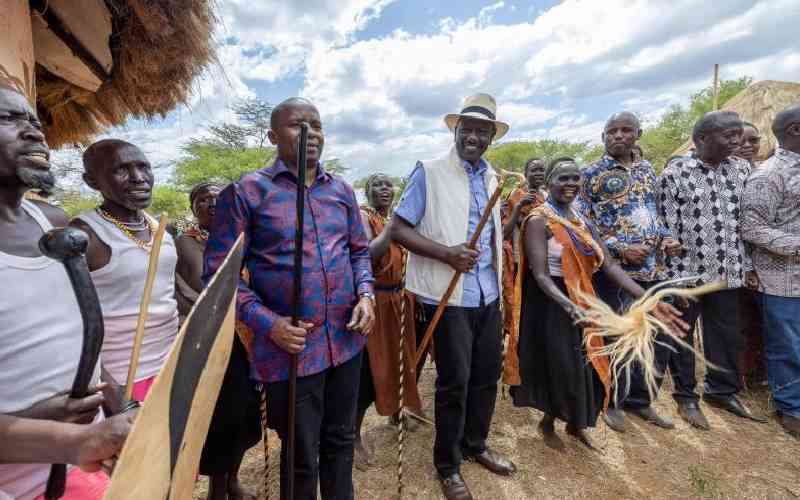
An initiative to vaccinate livestock countrywide has kicked up a major storm with growing fears from farmers and veterinary professionals over the handling of the government programme.
Whereas the government has insisted that the programme was aimed at combating diseases threatening Kenya's vital agricultural sector, stakeholders have protested against what they say is a lack of transparency surrounding its planning and execution, with farmers concerned over risks to their investments in cows, goats, sheep and other livestock.